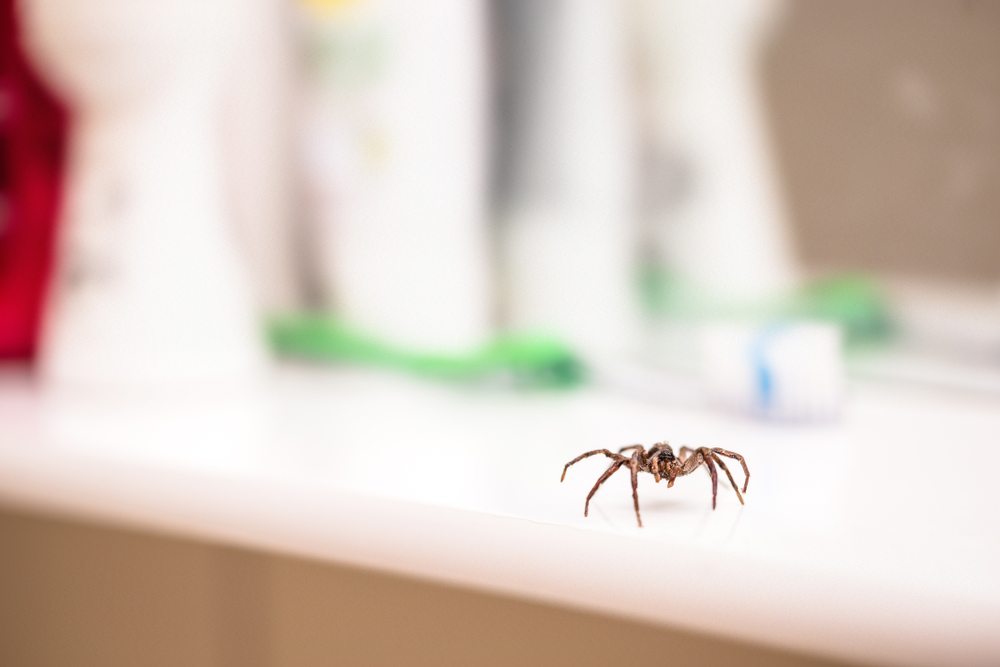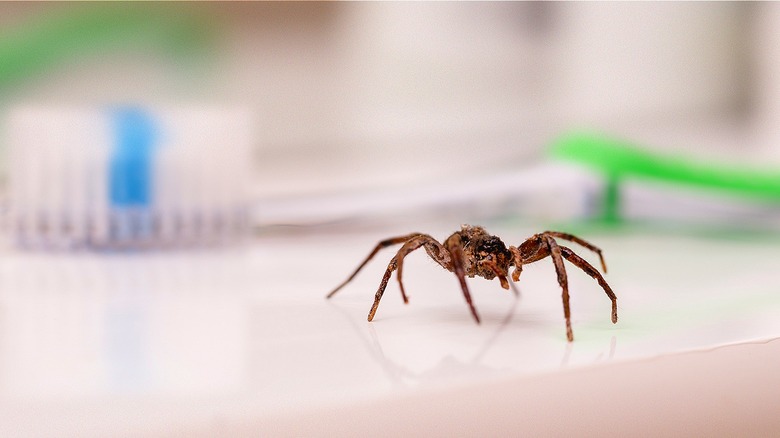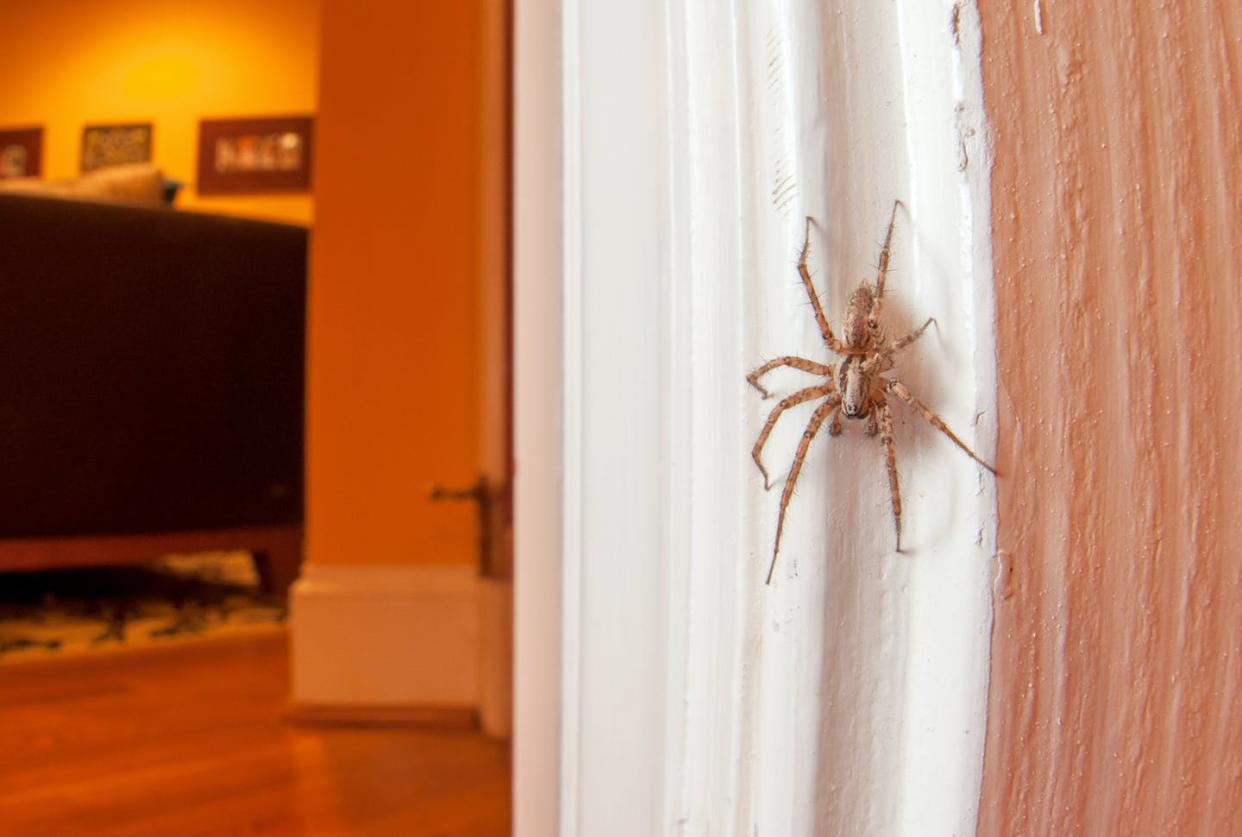Spiders are one of the most misunderstood creatures that frequently find their way into homes. While the initial reaction for many people is to remove or eliminate them, doing so may actually be counterproductive. These small arachnids provide valuable benefits to households by controlling pest populations and maintaining ecological balance.
Understanding Spiders: Are They Really Dangerous?
For many, the sight of a spider can trigger an immediate sense of unease. Their rapid movements and unique appearance often make them seem more intimidating than they actually are. Despite common fears, the vast majority of spiders are harmless to humans.
In the UK alone, there are over 650 different spider species, but only about 12 possess venom that is potent enough to cause mild discomfort in humans, according to AnimalWised. Even then, spiders generally do not bite unless they feel threatened. They prefer to stay hidden and avoid human interaction as much as possible.

The Prevalence of Arachnophobia
Fear of spiders, or arachnophobia, is common worldwide. Studies suggest that around 21% of people in the UK admit to suffering from arachnophobia. While this fear is widespread, it is often based on misconceptions about the actual dangers posed by spiders.
Why Killing Spiders May Not Be the Best Choice
Many homeowners instinctively squash a spider when they see one, but this could have unintended consequences. While removing a single spider might bring temporary peace of mind, it can disrupt the natural balance in your home.
Spiders Act as Natural Pest Controllers
Spiders play a crucial role in controlling insect populations. They are natural predators of mosquitoes, cockroaches, earwigs, flies, and even moths. By eliminating spiders, homeowners risk allowing these unwanted pests to thrive, leading to potential infestations that could be much more bothersome than having a harmless spider in the corner of a room.
Spiders Keep Other Spiders in Check
Interestingly, some species of spiders prey on other spiders. If you remove one from your home, you may unknowingly be inviting more to move in. Spiders help regulate their own populations, preventing an overabundance of certain species in enclosed environments.
The Myth of Venomous Spiders
While it is true that most spiders have venom, very few species have fangs strong enough to penetrate human skin. Even those that do are unlikely to cause significant harm. The primary function of spider venom is to immobilize small prey, not to attack humans.

How to Remove a Spider Without Causing Harm
If you truly cannot tolerate having a spider in your home, there are humane ways to relocate it safely. Instead of resorting to extermination, consider the following methods:
- Use a Glass and Paper Method – Carefully place a glass over the spider, slide a piece of paper underneath, and gently carry it outside before releasing it in a safe location.
- Encourage Natural Relocation – Spiders are drawn to dark and undisturbed places. Keeping doors and windows open for short periods may encourage them to leave on their own.
- Utilize Essential Oils – Certain scents, such as peppermint and citrus, are natural deterrents for spiders. Spraying diluted essential oils around entry points can help keep them at bay.
- Reduce Clutter – Spiders often hide in piles of clothes, boxes, and neglected corners. Keeping your living spaces tidy can help minimize their hiding spots.
- Seal Entry Points – Small gaps and cracks in walls, windows, and doors can serve as entryways for spiders. Sealing these openings can significantly reduce their presence indoors.

The Bigger Picture: Living in Harmony With Spiders
Rather than fearing spiders, it may be helpful to appreciate the role they play in maintaining a balanced ecosystem within your home. By keeping pest populations in check, they help reduce the need for chemical pesticides, promoting a healthier indoor environment.
For those who still find it difficult to coexist with spiders, using safe and humane removal methods can provide peace of mind while ensuring that these beneficial creatures are not unnecessarily harmed.

Conclusion
Spiders may not be everyone’s favorite house guests, but they serve an essential function in controlling insect populations and maintaining ecological balance. Instead of eliminating them on sight, consider allowing them to stay or safely relocating them if necessary. By understanding the benefits of spiders, homeowners can make informed decisions that contribute to a more sustainable and harmonious living space.
The next time you spot a spider in your home, remember: it may be doing you more good than harm!

